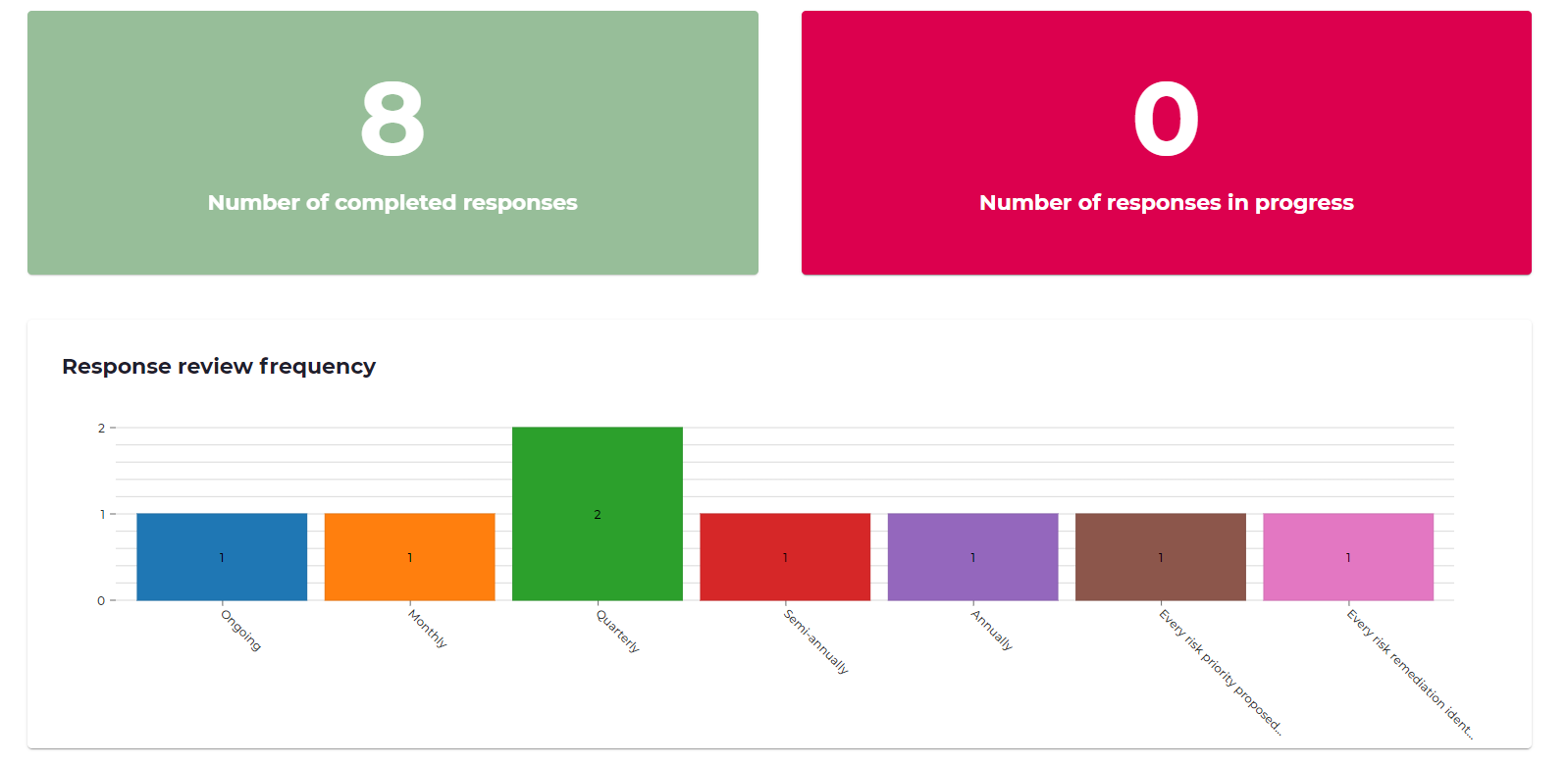Now that the ISQM 1 Standard has been approved, accounting firms need to begin deciding what they need to do to comply with the new quality management standards. While they only go into force in December 2022, preparation will require input from multiple departments and firms are already thinking about the systems they need to implement.
What is ISQM 1?
ISQM 1 is the new standard that deals with quality management at a firm level. It replaces the ISQC1 which was focused on quality control. A quality management system is necessary to create an environment that enables and supports engagement teams in performing quality engagements. It applies to all firms that perform audits or reviews of financial statements, or other assurance or related services engagement.
What should you be doing to prepare?
The first thing to do is to familiarise yourself with the standards. The International Auditing and Assurance Standards Board (IAASB) has a dedicated landing page where resources will be uploaded; it can be found here. There are specific guides to help firms dealing with first-time implementation and additional guidance documents are expected.
You should also be thinking about how your firm plans to approach risk assessments. This means that you should begin to get a process in place to identify the quality risks that your firm faces. This is a challenging exercise as the risks will all need to relate to the quality objectives listed in ISQM 1 and whatever additional objectives firms might find.
ISQM 1 also requires firms to establish specific quality objectives related to resources. It is important for firms to consider which resources they are using in-house, and which they are acquiring from external service providers. Firms will then need to evaluate if the resources are appropriate for their purpose.
Monitoring the first quality risk activities is also a requirement under the new standards, so firms should be examining methods to ensure they are monitoring their activities on a regular basis and improving the quality and consistency of their audit engagements.
How can VinciWorks help?

Omnitrack’s centralised compliance tool allows you to tailor your ISQM 1 process to your individual firm’s needs.
100% Customisable – ISQM 1 quality risk assessments should remain relevant to the risks and responses to each individual firm. Omnitrack’s ISQM 1 templates are based on best practice yet they have the flexibility to allow you to easily edit all forms and add links to guidance where necessary.
Centralised tool – Instead of storing relevant information for different stages of the ISQM 1 process in multiple locations, Omnitrack’s centralised tool allows you to keep all risks, responses, monitoring and audits in a centralised location, with different access levels for different forms
Automate Workflows – Nagware, email templates and instant reports save significant administrative time, and ensure that the ISQM 1 exercise is not a one-time exercise, but rather one in which you audit the effectiveness of responses continuously and keep the right people informed when risks or responses are updated.
Complete Audit Trail – With Omnitrack’s timeline feature, every change is recorded; Admins can leave secure comments to explain their actions, allowing all information to be stored in one system.
Get in touch with us to find out more.














